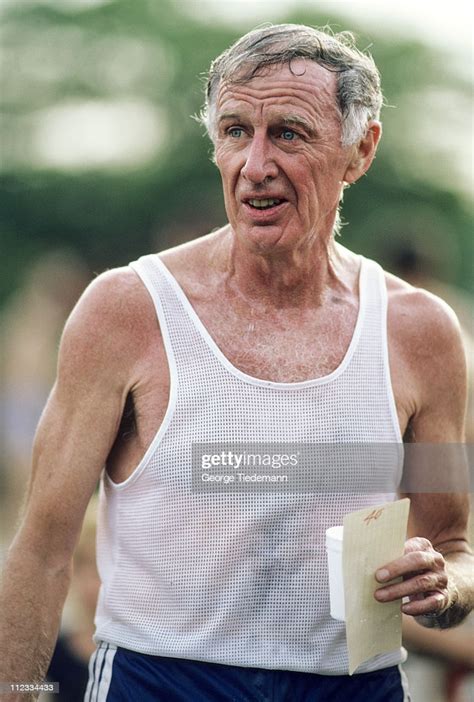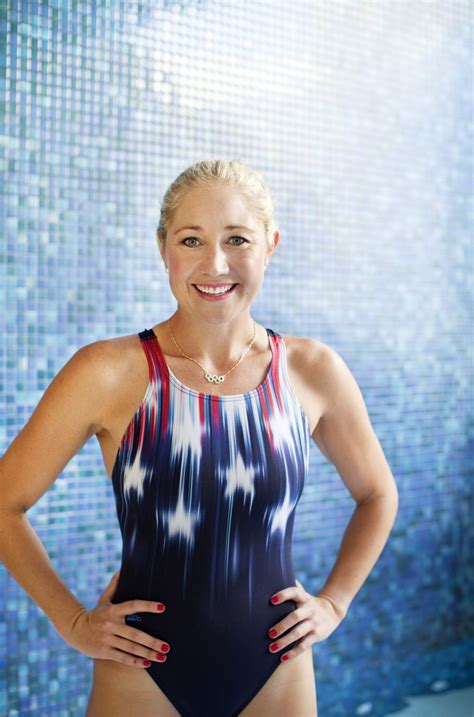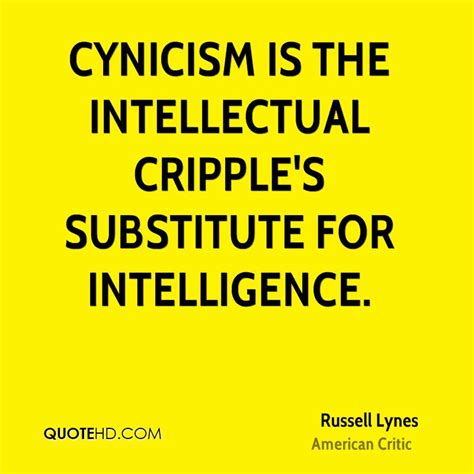A Quote by George A. Sheehan
There is no substitute for learning to live in our bodies.
Quote Topics
Related Quotes
We have to come back to basics: learning how to take care of ourselves. Not only learning to love our bodies - and that's a good beginning - but to take care of our bodies and ourselves by learning how to eat and how to think. I think living is really about thoughts and food, and we've got to get back to basics.
In man's life, the absence of an essential component usually leads to the adoption of a substitute. The substitute is usually embraced with vehemence and extremism, for we have to convince ourselves that what we took as second choice is the best there ever was. Thus blind faith is to a considerable extent a substitute for the lost faith in ourselves; insatiable desire a substitute for hope; accumulation a substitute for growth; fervent hustling a substitute for purposeful action; and pride a substitute for an unattainable self-respect.
Your body is the ground metaphor of your life, the expression of your existence... So many of us are not in our bodies, really at home and vibrantly present there. Nor are we in touch with the basic rhythms that constitute our bodily life. We live outside ourselves - in our heads, our memories, our longings - absentee landlords of our own estate. My way back into life was ecstatic dance. I reentered my body by learning to move my self, to dance my own dance from the inside out, not the outside in.
Like our physical bodies, our memory becomes out of shape. As children, we are constantly learning new experiences, but by the time we reach our 20s, we start to lead a more sedentary life both mentally and physically. Our lives become routine, and we stop challenging our brains, and our memory starts to suffer.
Realizing that our minds control our bodies while our bodies reflect our minds amounts to understanding the most fundamental aspects of ourselves. It further equals a comprehension of the relationship between our "tools." And since the mind and body are interrelated, this understanding makes it easier to see why coordinating them is a practical way of using these tools to greatest effect-a way of using the mind and body to live our lives as art.
Are we our bodies? Is a small person less than a big person, then? If we were our bodies, then when we lost an arm, or a leg, would we be less, would we begin to fade from existence? No. We are the same person. We are not our bodies; we are our thoughts. As they form, they define who we are, and create the reality of our existence.
We usually do pay attention to our outer appearance, typically noticing whatever part of our bodies we are unhappy about. It behooves us, however, to get on very good terms with more than just the surface of our bodies as we grow older; for if we don't listen to our bodies and pay attention to our physical needs and pleasures, this vehicle that we need to be running well to take us into a long and comfortable life, will limit what we can do and who we become.
It's no wonder we don't defend the land where we live. We don't live here. We live in television programs and movies and books and with celebrities and in heaven and by rules and laws and abstractions created by people far away and we live anywhere and everywhere except in our particular bodies on this particular land at this particular moment in these particular circumstances.






































